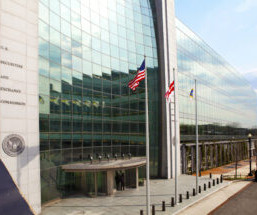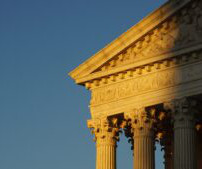Revenge of the rescheduled cases: Congressional proxy voting, the ministerial exception, and more
SCOTUSBlog
JANUARY 20, 2022
In 1981, Congress passed a statute requiring that reimbursement rates paid to organizations for managing state Medicaid plans must be “actuarially sound.” The case has already been rescheduled three times, clearly indicating it’s on at least one of the justices’ radar. Next up is Texas v. rescheduled before the Nov. 10 and Jan.













Let's personalize your content